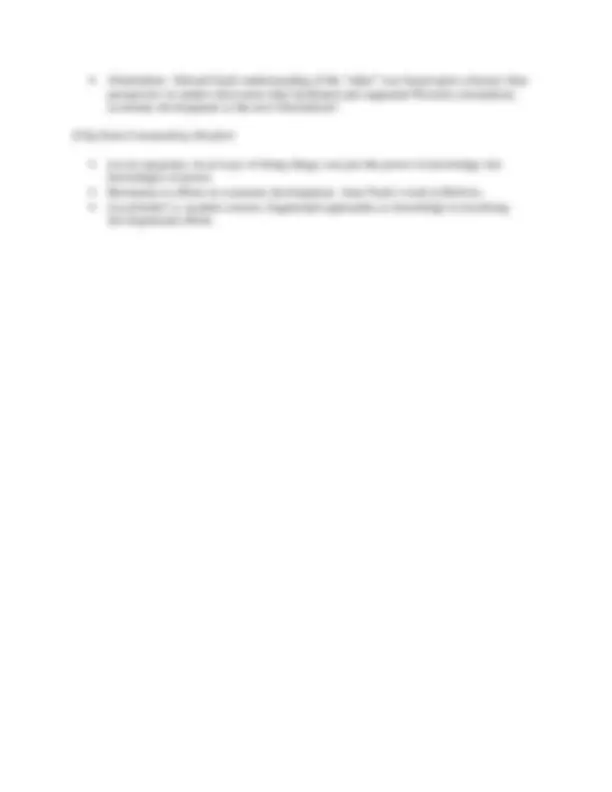



Study with the several resources on Docsity

Earn points by helping other students or get them with a premium plan


Prepare for your exams
Study with the several resources on Docsity

Earn points to download
Earn points by helping other students or get them with a premium plan
Community
Ask the community for help and clear up your study doubts
Discover the best universities in your country according to Docsity users
Free resources
Download our free guides on studying techniques, anxiety management strategies, and thesis advice from Docsity tutors
A lecture note from a sociocultural anthropology course at davidson university, fall 2005. The professor, eriberto p. Lozada jr., discusses the changing nature of societies, cultures, and the environment in the context of economic development. Societies are no longer seen as organic wholes but as fluid entities influenced by migrations, border-crossing, and economic forces. Cultures are deterritorialized and subjected to multiple hybridizations, and nature is no longer an essential principle but an object of constant reinventions. The lecture also covers the importance of understanding the intersection of the formal and informal economy, the role of local voices and cultural elements in development projects, and the challenges of sustainable development.
Typology: Study notes
1 / 2

This page cannot be seen from the preview
Don't miss anything!


Fall 2005, M,W,F 9:30 — 10:20, Chambers 1027
Prof. Eriberto P. Lozada Jr. Office Hours: M, W, F 10:30 – 11:30 am Office: Chambers B12 T, Th 10:00 – 11:15 am or by appointment Telephone: 704-894-2035 Email: erlozada@davidson.edu Web: http://www.davidson.edu/personal/erlozada
Lecture Notes, 14 Nov 2005
Societies are not the organic wholes with structures and laws that we thought them to be until recently but fluid entities stretched on all sides by migrations, border-crossing and economic forces; cultures are no longer bounded, discrete, and localized, but deterritorialized and subjected to multiple hybridizations; similarly, nature can no longer be seen as an essential principle and foundational category, an independent domain of intrinsic value and truth, but as the object of constant reinventions, especially by unprecedented forms of technoscience; and, finally, nobody really knows where the economy begins and ends, even if economists, in the midst of neo-liberal frenzy and seemingly overpowering globalization, steadfastly adhere to their attempt to reduce to it every aspect of social reality, thus extending the shadow that economics casts on life and history. (Arturo Escobar 1997:499)
Changes in economic development policy that lead to “sustainable development”
(Clip from Commanding Heights )